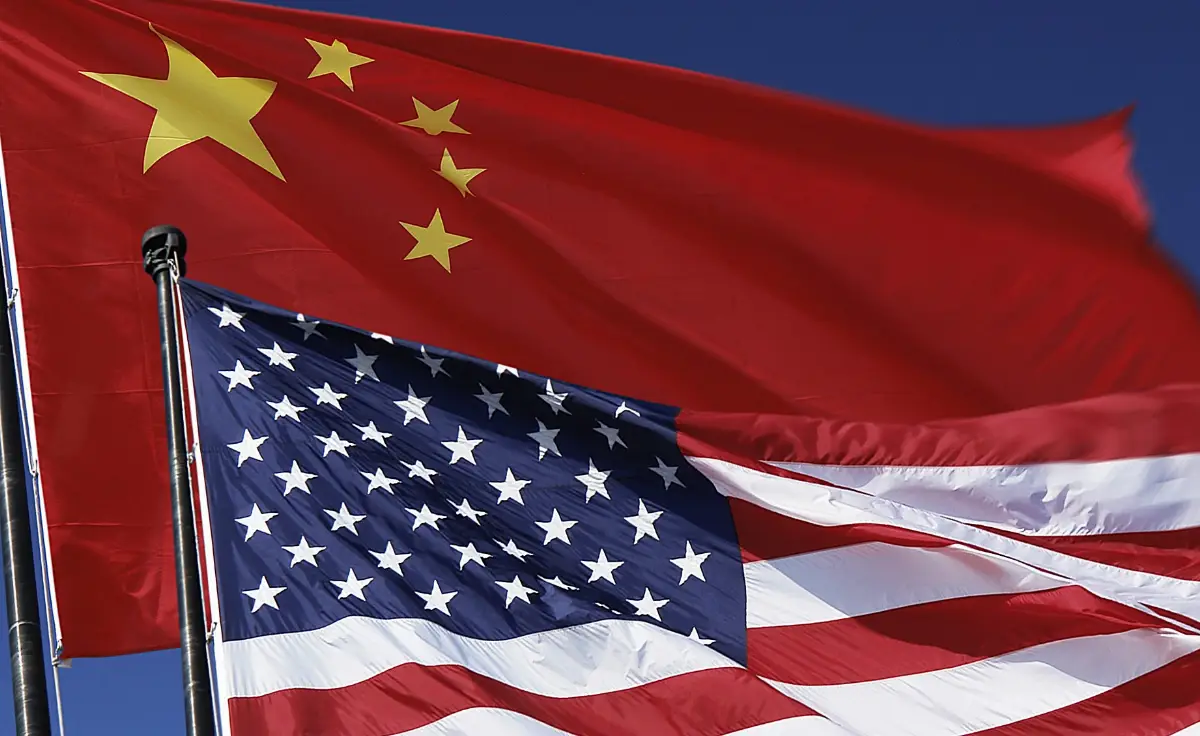
US-China agreement: strategic minerals for defense in exchange for tariff easing
Preliminary trade contract redefines balances. Is Boeing's future in China changing?

The President of the United States, Donald Trump, has just announced a significant development in the complex trade relations with China: a preliminary agreement focusing on the supply of rare minerals crucial for defense and a restructuring of the tariff regime. This understanding, disclosed by Trump himself, seems to outline a potential truce in the fierce trade wars that have characterized the relationship between the two largest world economies.
At the core of the agreement is China’s commitment to guarantee advance supplies of rare earth elements and magnets, materials indispensable for the high-tech industry and the American defense sector. The United States heavily depends on China for these strategic resources, and securing supply chains is a national security priority. In exchange for this vital concession, the agreement suggests a relaxation of visa restrictions for Chinese students heading to the United States and, notably, a revision of tariffs.
The most complex and currently ambiguous details emerge on the tariff front. Trump spoke of an arrangement in which the United States “will collect overall 55% of the tariffs from China", while “China will receive 10%". This formulation, described by some analysts as ambiguous, leaves multiple interpretations open and will require further clarification from the negotiating delegations. The aim appears to be a temporary suspension of the most burdensome tariffs, with a reduction of surcharges intended to revive technological exchange and raw material exports.
The repercussions of this agreement on the aviation industry and, in particular, on the future of the relationship between China and the American giant Boeing, are among the most anticipated. During years of intense trade tension, China has often used aircraft purchases as a diplomatic and commercial lever. The ongoing tariff standoff has already pushed Beijing to favor the European manufacturer Airbus, which has strengthened its dominant position in the vast and strategic Chinese market to the detriment of Boeing. This new agreement, while aiming for a general de-escalation, could further reinforce this dynamic, widening the gap between the two aviation giants, American and European, regarding access to the Chinese market. Additionally, China is strongly backing its own commercial aircraft, the C-919, to reduce dependence on Western manufacturers.
The understanding was reached after two days of high-level negotiations in London, with China represented by Vice Premier He Lifeng and the United States by Secretary of Commerce Howard Lutnik. The delegations will remain in the British capital until June 13 to finalize the details of this “general framework” before the agreement is submitted for final signature by President Trump and Chinese President Xi Jinping. This development, which has generated immediate reactions worldwide, marks a potential turning point in Sino-American relations, but its full implementation and the real impact on global markets and trade alliances will require time to be fully understood.
For the most recent developments, also see AVIONEWS.
AVIONEWS - World Aeronautical Press Agency